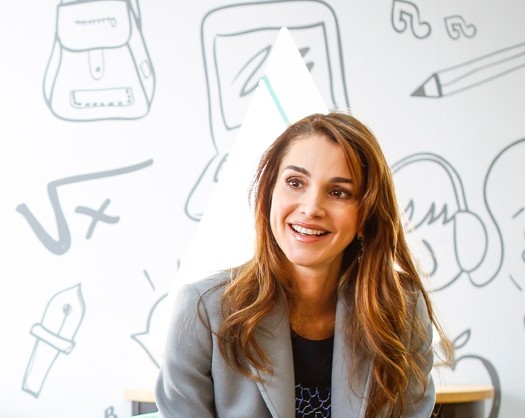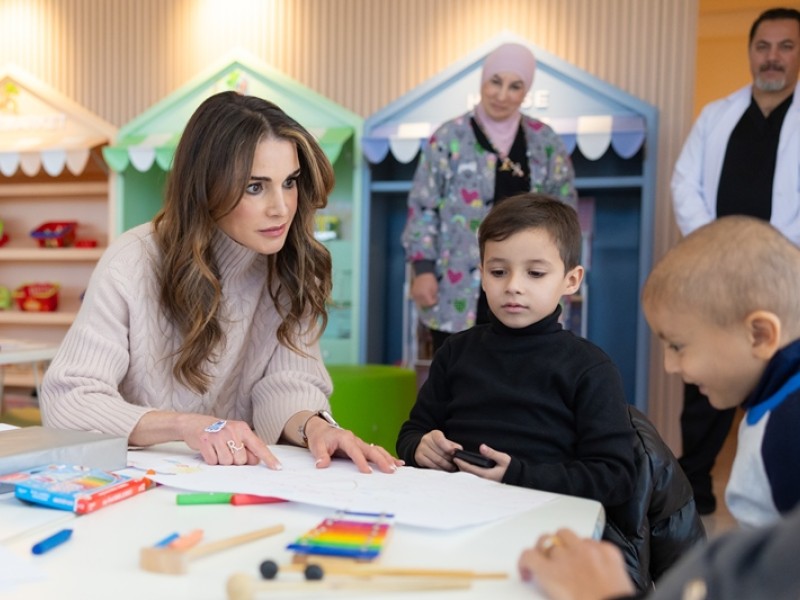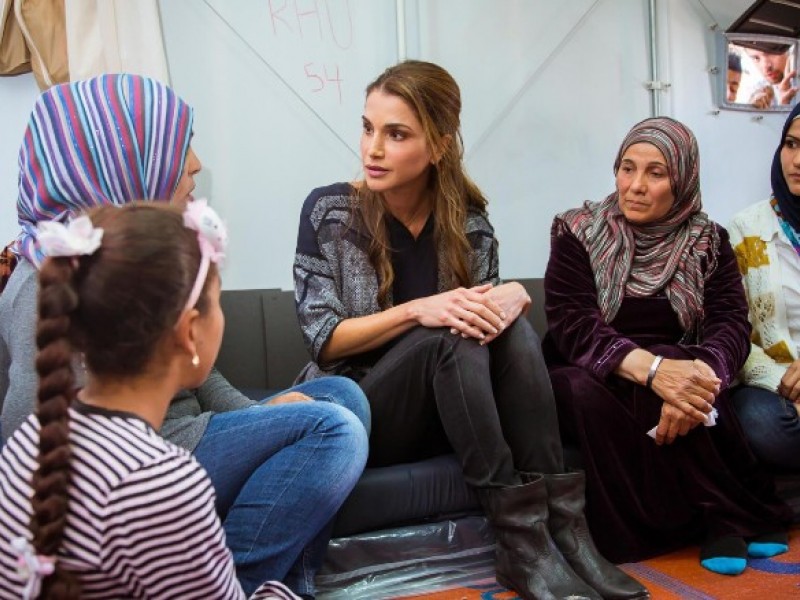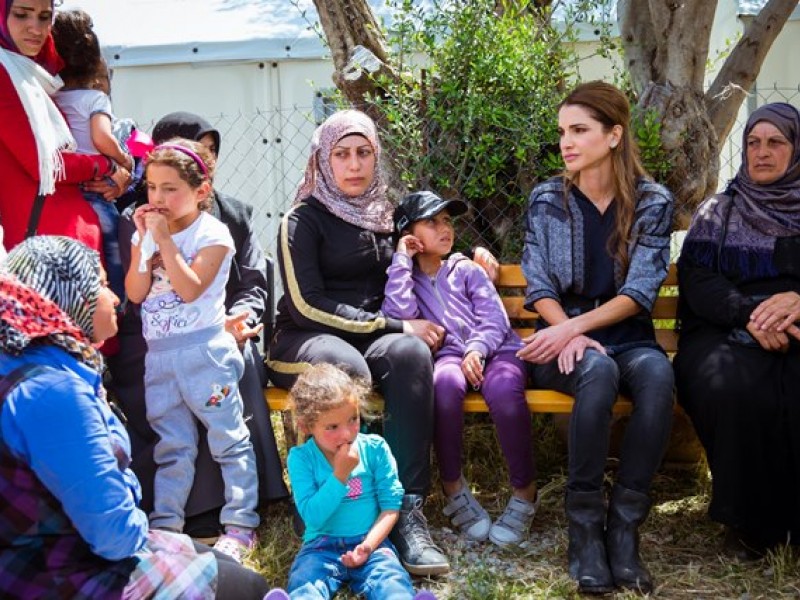If Our Conscience Is Our Compass, Let Global Compassion Be Our Guide

Vincent van Gogh, once said that “Conscience is a man’s compass.”
The annual Edelman Trust Barometer suggestion the majority of global opinion leaders believe that business plays a role that no other institution can, in addressing social and environmental challenges. That’s everything from preventing polar icecaps from melting, and sea levels from rising; to providing opportunities for the ‘bottom billion’ people in the world.
And yet, less than half of those global opinion leaders trust companies to do “what’s right” to realise their responsibilities and move from promise to performance. One surefire way to prove that business is serious about doing “what’s right” is to publish a sustainability report. It shows the global community we’re serious about what we say we’ll do, that we’ll keep our commitments and hold ourselves to a higher standard. And, for companies that want to remain competitive, they’re crucial. In a world increasingly dominated by rankings and ratings, writing these reports has never been so critical. Reading them has never been so revealing. And they are read. Not just by shareholders and staff, but by an ever expanding army of NGOs and newspaper journalists ready to delve deep into the details, check rhetoric against reality, and share their thoughts at internet speed. In the post-Enron era, reporting, transparency, and accountability are signature issues. They illustrate integrity. They build trust.
Most importantly, they enhance a company’s brand, reputation, and product differentiation giving them an enviable edge over companies who don’t report. And the international market is catching on too, by rewarding companies who report on the impact of their operations. Proof that you can do well while you do good.
In our part of the world, sustainability is more than a concept, but it’s not yet a culture. We still have a long way to go before embedding it in our companies’ DNA. But there are some encouraging signs that reporting is beginning to take root in our region’s business landscape.
Until recently, corporate sustainability was, to a large extent, synonymous with environmental protection. And let me state quite clearly: there is no doubt that shielding our environment is critical, even integral to social equity, and must remain high on the agenda, but in the Arab world, we desperately need to focus our energies on creating equal opportunities for all, particularly our young people.
60% of our region is under the age of 30. That’s 70 million young people in the Arab world. They need our help, your help, in order to become all they can be. Because at the moment 6 million of our children are not enrolled in school; over half of them are girls. 9.2 million of our young people are illiterate; they cannot read your advertisements or fill in your job application forms.
Almost one in five of our population lives below the national poverty lines: children are out laboring, instead of learning just to make ends meet. And we have the world’s highest rate of youth unemployment; only one in three young people has a job. This too, is an inconvenient truth! And it is not the kind of future I want for the young people of the Arab world. We must put the boys and girls and young people of my region at the top of our boardroom agendas. Because a world where so many youth are hungering for opportunity is not a sustainable world.
We know what needs to be done.
Featured
Queen Rania's official website
This website does not support old browsers. To view this website, Please upgrade your browser to IE 9 or greater
Your browser is out of date. It has known security flaws and may not display all features of this and other websites. Learn how to update your browser



